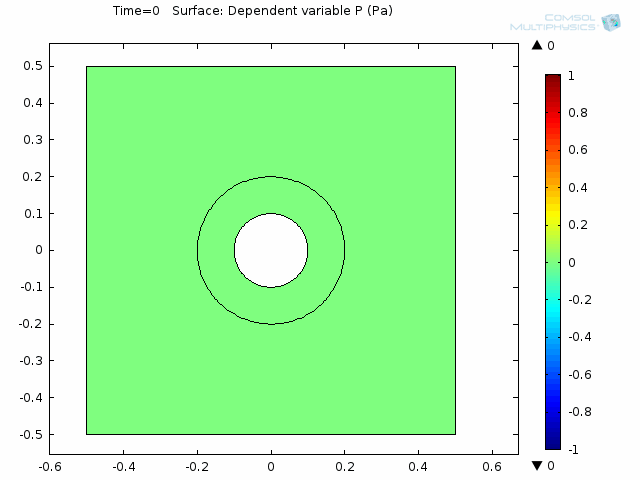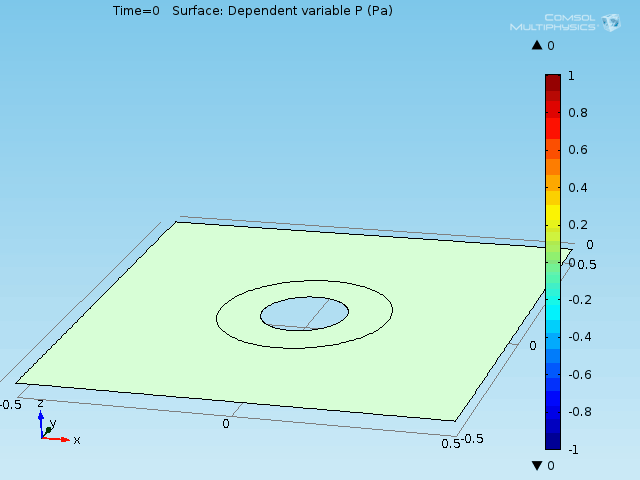Russian children of my generation passed through a period of genius, as if destiny were loyally trying what it could for them by giving them more than their share, in view of the cataclysm that was to remove completely the world they had known. Genius disappeared when everything had been stored, just as it does with those other, more specialized child prodigies - pretty, curly-headed youngsters waving batons or taming enormous pianos, who eventually turn into second-rate musicians with sad eyes and obscure ailments and something vaguely misshapen about their eunuchoid hindquarters.
...it is when I recall that particular day that I see with the utmost clarity the sun-sprangled river; the bridge, the dazzling tin of a can left by a fisherman on its wooden railing; the linden-treed hill with its rosy-red church and marble mausoleum where my mother's dead reposed; the dusty road to the village;Â the strip of short, pastel-green grass, with bald patches of sandy soil, between the road and the lilac bushes behind which walleyed, mossy log cabins stood in a rickety row; the stone building of the new schoolhouse near the wooden old one;
These are some lines from Nabokov's Speak Memory which made me ask a question of contemporary importance; what will we remember? What will we remember with fondness and nostalgia from the time spent in this digital age? From the thousands of pictures that lie rotting in our Facebook feeds and Google accounts, from the cemetery of the hundreds of hours of videos that seems to be the only proof that we did actually exist in the past, from the pathetic, miserable insecurity of being alone and unappreciated which forces us to grovel for the likes of others on the myriad platforms which analyze, compartmentalize, and dehumanize us. There's a tangible world out there which still responds to our human senses of touch, sound, smell, and vision. It doesn't need to be framed perfectly and uploaded online for the pathetic act of garnering approval of others. I think we can form fond and lasting memories only when freed from technology. Nostalgia is a winged seraph which shrivels away when reality is seen through the inhuman and impersonal lenses of silicon and algorithms.

